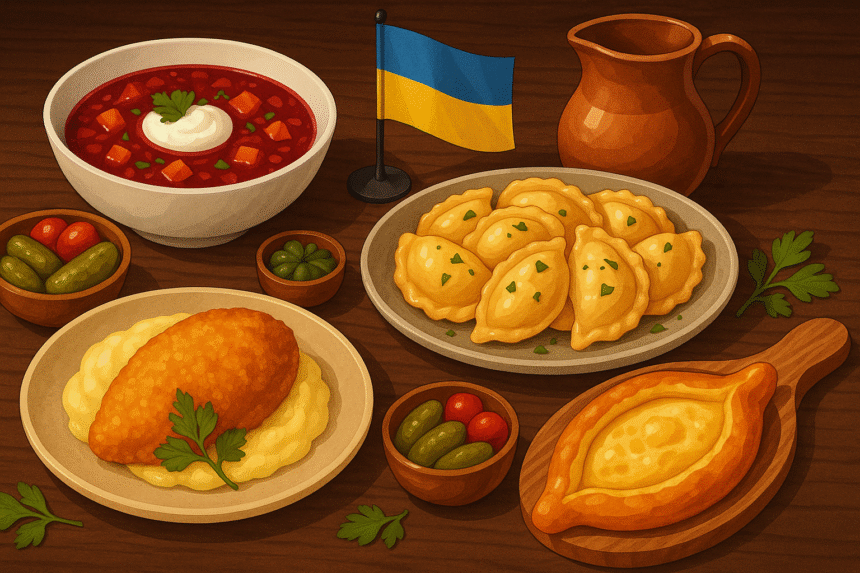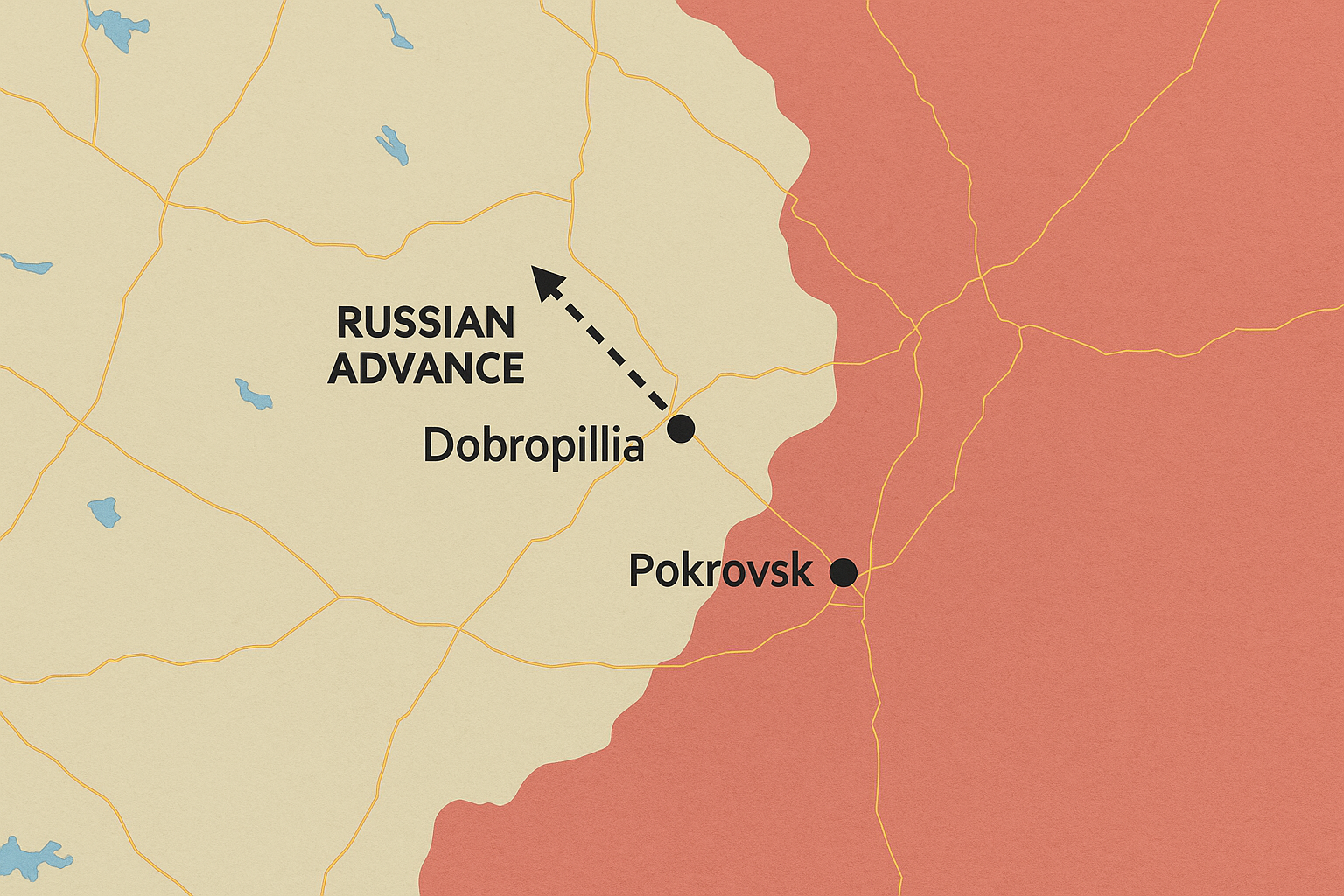Two decades ago, when Ukrainian-born food writer Olia Hercules first arrived in London, the city had few Ukrainian dining options. Aside from longstanding establishments like Dnister in Forest Gate and Albina in Canning Town, eastern European cuisine was sparse and often stereotyped. “It was a bit of a wasteland,” Hercules recalls.
Today, London’s food scene is changing. Since Russia’s full-scale invasion of Ukraine in 2022, more than 200,000 Ukrainians have settled in the UK, bringing their culinary traditions with them. New restaurants are introducing the capital to diverse regional styles and modern interpretations of Ukrainian food.
A New Wave of Openings
The shift began in summer 2022 with Mriya Neo Bistro in Earl’s Court, followed by recent openings such as Tatar Bunar in Shoreditch and Sino in Notting Hill. These venues range from casual, family-style eateries to refined fine dining, showcasing everything from classic comfort food to creative reinterpretations.
Ukrainian cuisine, Hercules explains, has long been misunderstood as limited to “cabbage, potatoes, and dumplings.” Her first cookbook, Mamushka, sold around 150,000 copies worldwide, helping highlight the fresh, produce-led dishes of southern Ukraine — influenced by Ottoman heritage and abundant “black soil” agriculture producing world-class tomatoes, aubergines, and cucumbers.
Regional differences add depth:
- South: Fresh herbs, aubergine and pepper dips, grilled meats and fish.
- North: Potatoes, beetroots, carrots, and hearty stews.
- West (near Hungary): Paprika-infused dishes.
- Nationwide: Polenta-style banosh and sour cream accompaniments.
Most London Ukrainian menus still feature classics like borsch, varenyky dumplings, chicken Kyiv, pickles, and shashlik skewers, but now also include Georgian-inspired khachapuri, aubergine dips, and regional stews. Ukrainian wines — such as reds from Odesa Black grapes — are also finding a place on drinks lists.
Food as Cultural Preservation
For Hercules, Ukrainian food is more than nourishment; it’s an act of resistance. “Russia is not just destroying physical things, but trying to erase our culture,” she says. Supporting Ukrainian restaurants is, she argues, a way to preserve heritage during wartime.
Sino: Fine Dining with Ukrainian Roots
Among the newest additions, Sino in Notting Hill stands out for its refined approach. The menu may feature potato and sorrel waffles with caviar, crayfish-stuffed cabbage rolls with tomato velouté, and chicken Kyiv balls with truffle-infused mash. A highlight is cherry-glazed catfish with a paprika sausage sauce from Odesa. The wine list includes Ukrainian selections, complemented by inventive cocktails from mixologist Ana Reznik, inspired by national desserts and flavours.
Sino is the creation of restaurateur Polina Sychova and chef Eugene Korolev. Sychova, who grew up in London, saw the war as the right moment to showcase Ukrainian cuisine. Korolev, a former Michelin-starred chef, opened a restaurant in Dnipro in 2021 but joined the army when the war began. His restaurant operated through the early months of the conflict, with its basement doubling as a bomb shelter, before closing permanently.
After 18 months on the frontline, Korolev was permitted to leave military service. Meeting Sychova in Lviv, he impressed her with a 12-hour tasting menu, leading to a shared vision: modern Ukrainian cuisine that breaks stereotypes. “We’re keeping the identity of our flavours and roots, but doing it in another way — elegant, interesting, inventive,” Korolev says. Notably, Sino omits borsch entirely, signalling a deliberate step away from the expected.








